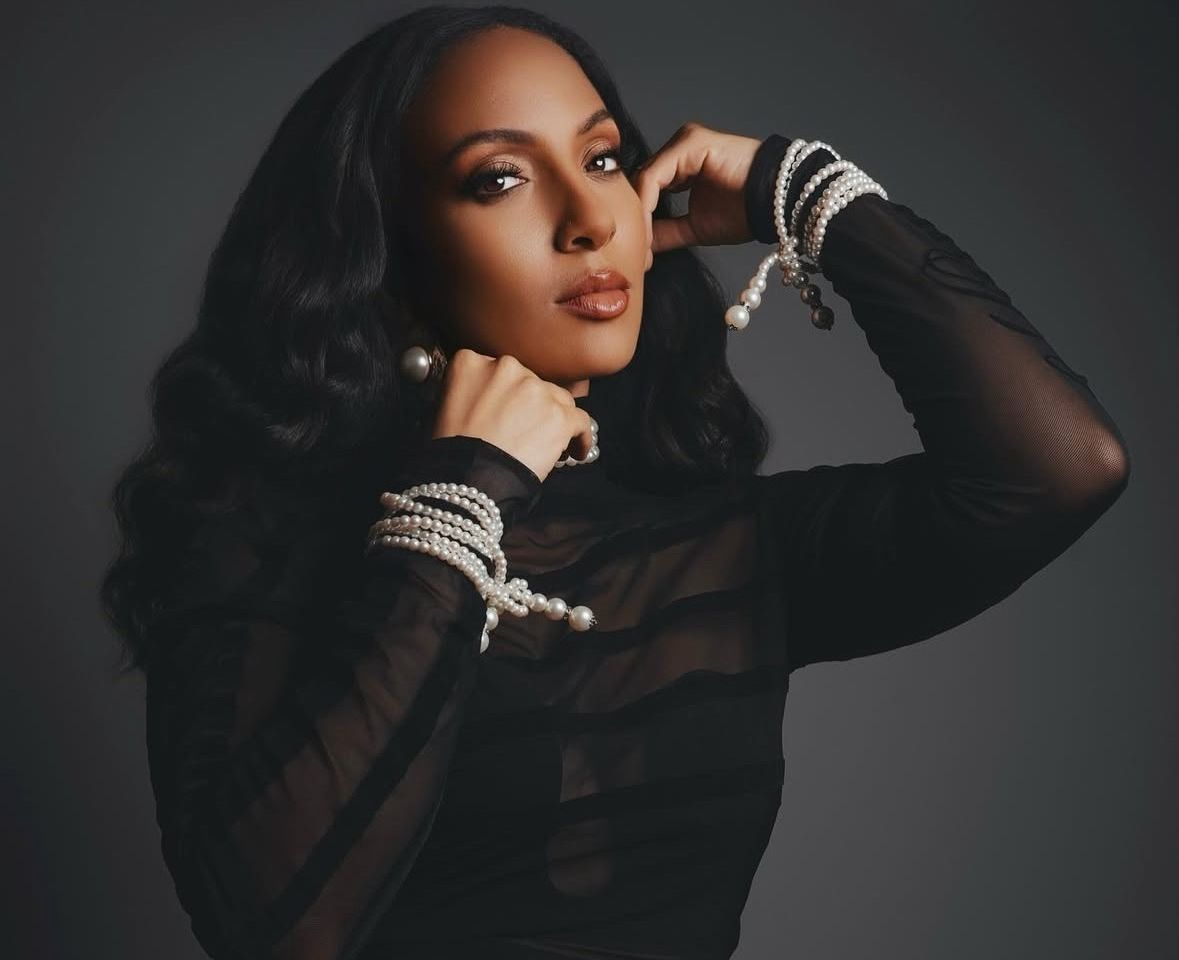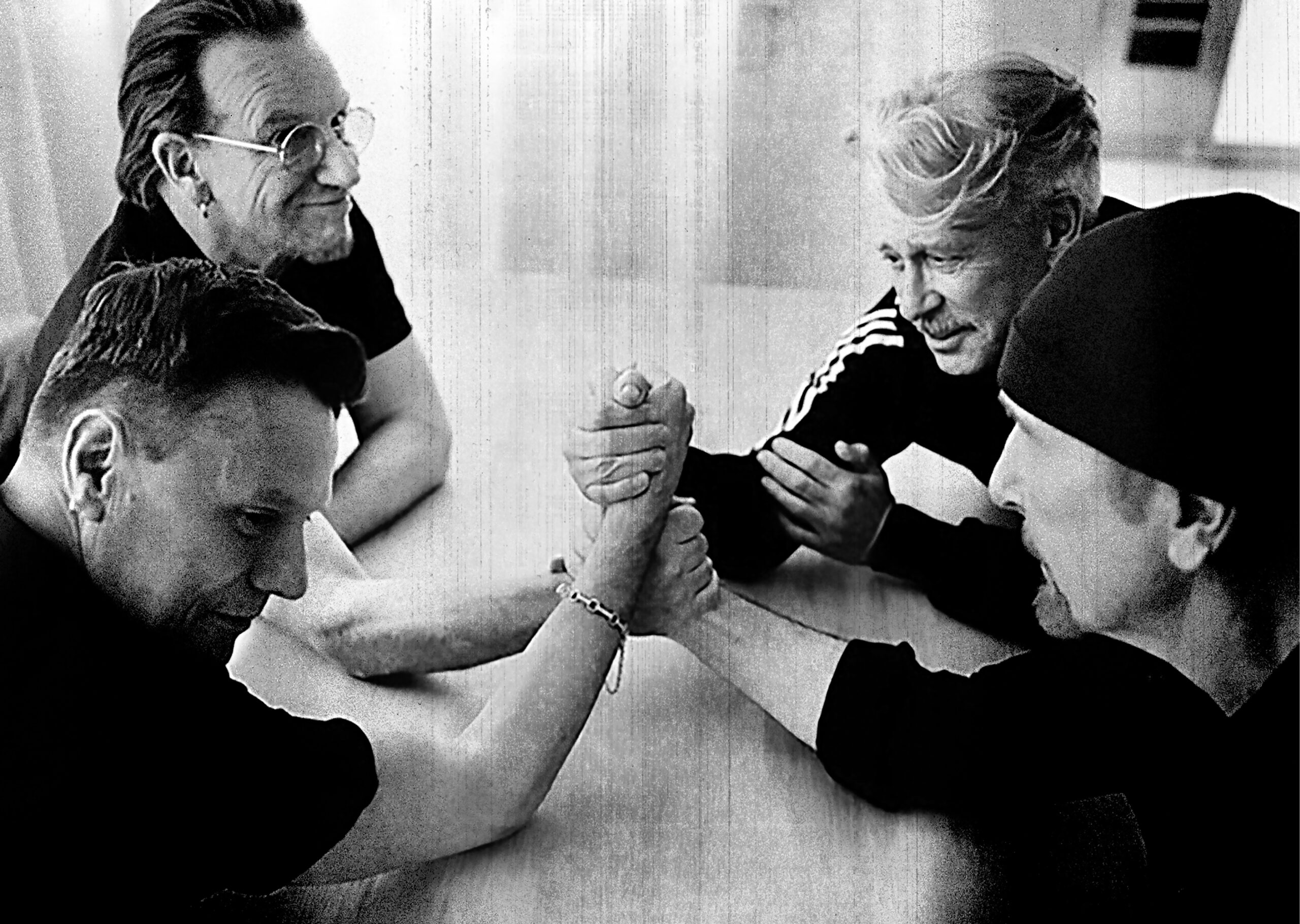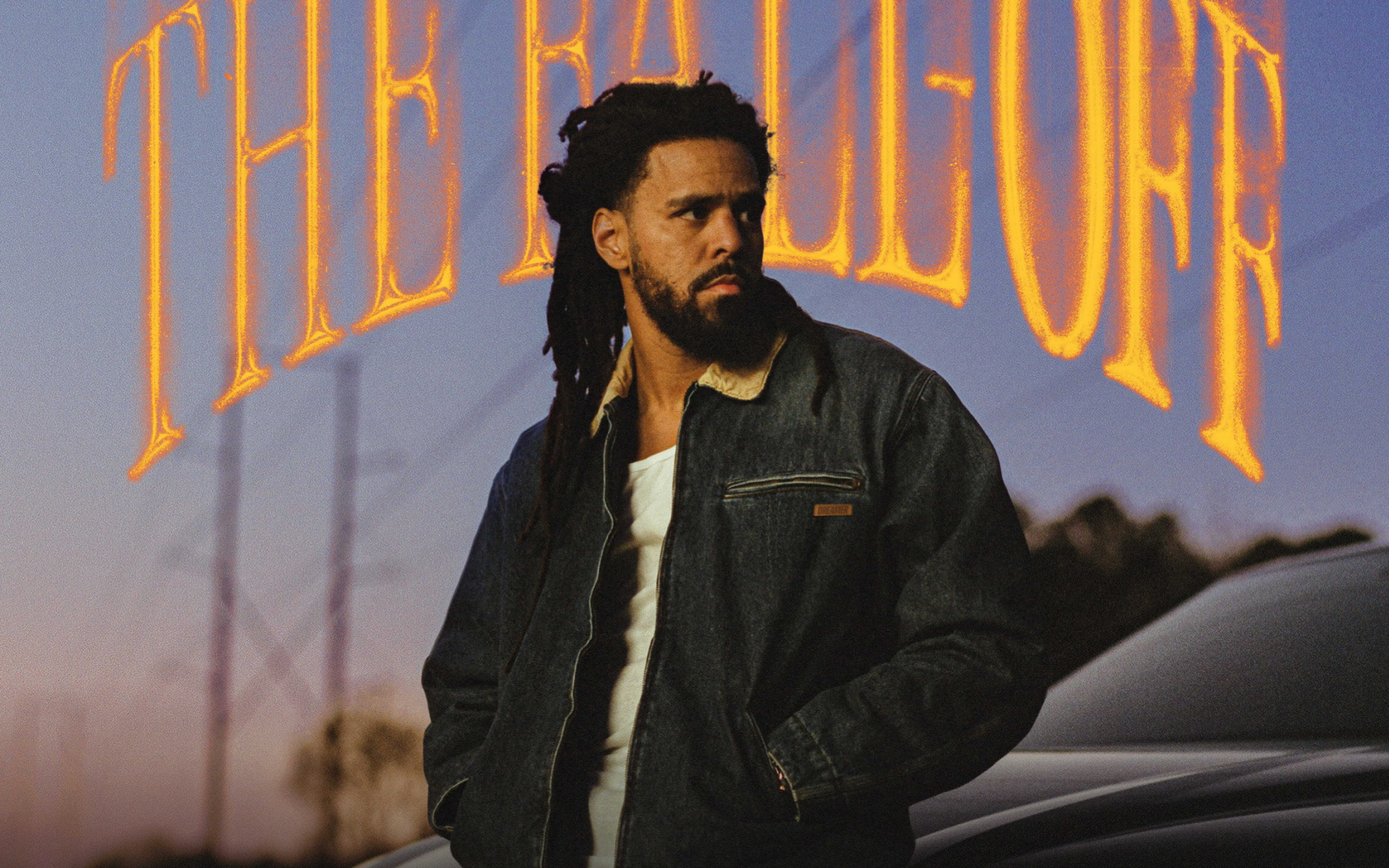
Sherie isn’t sculpted by algorithms or chasing the next viral sound. She’s rooted in something that sounds like legacy in the making. The Haitian-American singer, songwriter, and violinist brings both softness and soul to every note she touches, making room for vulnerability in an industry that often rewards the loudest voice in the room.
Based in Los Angeles and rooted in emotional honesty, Sherie is carving a lane that’s as healing as it is genre-bending. A co-writer on Ariana Grande’s Positions, a performer with Beyoncé and Alicia Keys, and an independent artist whose music has been streamed over a million times, she’s here to make you feel the moments.
Her debut EP, Yours Deeply, released in March 2025, has already garnered over 100,000 streams. Her most recent release, the official video for her single “Truth Is,” sits pretty with more than a quarter of a million views.Behind those numbers is a woman whose story reads like a symphony: soulful, deliberate, and deeply felt. In a recent conversation with MadameNoire, Sherie opened up about how long it took her to feel proud of her music—and why her softness is her superpower.
RELATED CONTENT: I GOT QUESTIONS: New Edition Talks To MADAMENOIRE About 40-Year Legacy As R&B Kings
A Voice Sharpened by Time, Softened by Intention
“Finding your voice as an artist is not easy,” Sherie says plainly. “It took me ten years to release music and be like, ‘Okay, this is something I’m proud of.’”
She’s been singing since childhood and started playing violin at 10. Music was always there, but direction wasn’t. After graduating from Georgia State University with a degree in social work, Sherie began building her artistic voice the long way: by playing in bands, learning stage presence, and eventually navigating the studio process.
“I didn’t really have the resources to record myself yet or anything,” she said. “So I would just perform. I was with bands, I was traveling with the band, and that really helped me to learn stage presence.”
That performance background shaped more than her vocals. It gave her a creative identity. “It helped me to find my performance self,” she added. “And then from there, I started kind of doing the studio process thing and learning how to actually record and find my voice.”
“The violin is my second voice,” she shares. It’s what sets her apart and threads her performances with a soulful, high-frequency kind of honesty.
“I used to love pop—you know, more pop-leaning and I was trying to do pop-R&B,” she said. “I was trying to figure out where my lane is. That can really define you as an artist and give you a runway.”
That lane also includes the influence of her roots. “There’s a heartbeat in Haitian music that I think I’ve always carried with me, even when I didn’t realize it,” she explained. “Now that I’m more grounded in my identity, I’m letting those roots show more in my storytelling, my harmonies—even my violin playing.”







